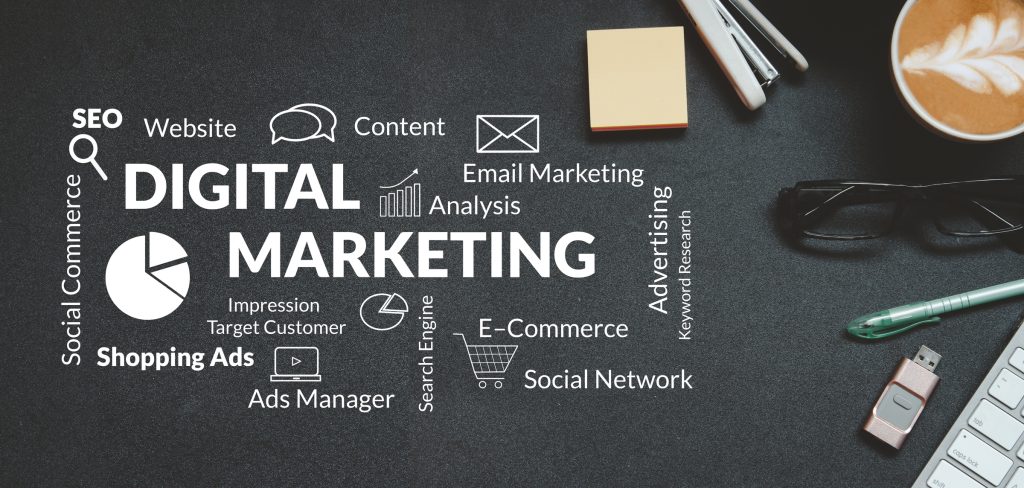The traditional approach to marketing is often focused on creating brand awareness, generating leads, and driving sales. While these are important goals, they don’t necessarily lead to long-term growth. Growth marketing, on the other hand, is focused on driving scalable growth that is sustainable over time.

To achieve growth marketing, businesses need to adopt a holistic approach to marketing that focuses on three key areas:
- Acquisition: Attracting new customers to the business through various marketing channels such as social media, email, content marketing, SEO, and paid advertising.
- Activation: Engaging with the customer and converting them into paying customers through a seamless user experience, personalized messaging, and persuasive calls-to-action.
- Retention: Keeping customers engaged and loyal to the brand through continuous communication, exceptional customer service, and valuable content.

Here are some key strategies that businesses can use to implement growth marketing:
- Experimentation: Growth marketing requires continuous experimentation and testing. Businesses need to test various marketing channels, messaging, and campaigns to identify what works and what doesn’t. A/B testing, multivariate testing, and user feedback are some of the methods that can be used to test and optimize marketing efforts.
- Data analysis: Growth marketing relies heavily on data analysis to identify trends, patterns, and insights that can inform marketing strategies. Businesses need to invest in data analytics tools and technologies to gather, analyze, and act on data.
- Customer-centric approach: Growth marketing is all about putting the customer first. Businesses need to understand their customers’ needs, preferences, and behaviors to create personalized marketing campaigns that resonate with them. Customer feedback, surveys, and user research can help businesses gain valuable insights into their customers.
- Viral marketing: Viral marketing is a powerful growth marketing strategy that leverages social media and word-of-mouth to drive rapid growth. Businesses can create viral content, incentivize sharing, and use social media influencers to reach a wider audience.
- Referral marketing: Referral marketing is another effective growth marketing strategy that relies on word-of-mouth marketing. Businesses can incentivize existing customers to refer their friends and family to the business through referral programs, loyalty programs, and other incentives.
- Retargeting: Retargeting is a strategy that targets customers who have already interacted with the business. It involves showing personalized ads to customers who have visited the website or engaged with the business in some way. Retargeting can help businesses increase conversions and drive repeat purchases.
- Marketing automation: Marketing automation is a technology that automates repetitive marketing tasks such as email marketing, social media scheduling, and lead nurturing. Automation can help businesses save time and resources while increasing the effectiveness of their marketing campaigns.
- Personalization: Personalization is a key growth marketing strategy that involves tailoring marketing messages and experiences to individual customers. Personalization can help businesses increase customer engagement, improve conversions, and build long-term loyalty.
- Customer advocacy: Customer advocacy is a growth marketing strategy that leverages happy customers to promote the brand. Businesses can encourage customers to leave reviews, share their experiences on social media, and provide testimonials to build trust and credibility.

In conclusion, growth marketing is a vital discipline of marketing that can help businesses achieve their growth potential in a sustainable and scalable way. Unlike traditional marketing approaches, growth marketing focuses on acquiring, activating, and retaining customers by using data-driven experimentation, customer-centric strategies, and continuous optimization.
By adopting a holistic approach to marketing that prioritizes the customer’s needs and preferences, businesses can create personalized marketing campaigns that resonate with their target audience. They can also use a variety of growth marketing strategies such as viral marketing, referral marketing, retargeting, marketing automation, personalization, and customer advocacy to optimize their marketing efforts and achieve rapid growth.
One of the key benefits of growth marketing is that it is a continuous process that involves ongoing experimentation, data analysis, and optimization. This means that businesses can constantly refine and improve their marketing strategies based on real-time feedback and insights. As a result, they can achieve sustainable growth over time and stay ahead of the competition.
In today’s fast-paced and ever-changing business environment, growth marketing is becoming increasingly important for businesses of all sizes and industries. By embracing growth marketing and leveraging its strategies and tools, businesses can drive rapid and sustainable growth and achieve long-term success.
___
by Thomas Theodoridis
source: PPCmate








